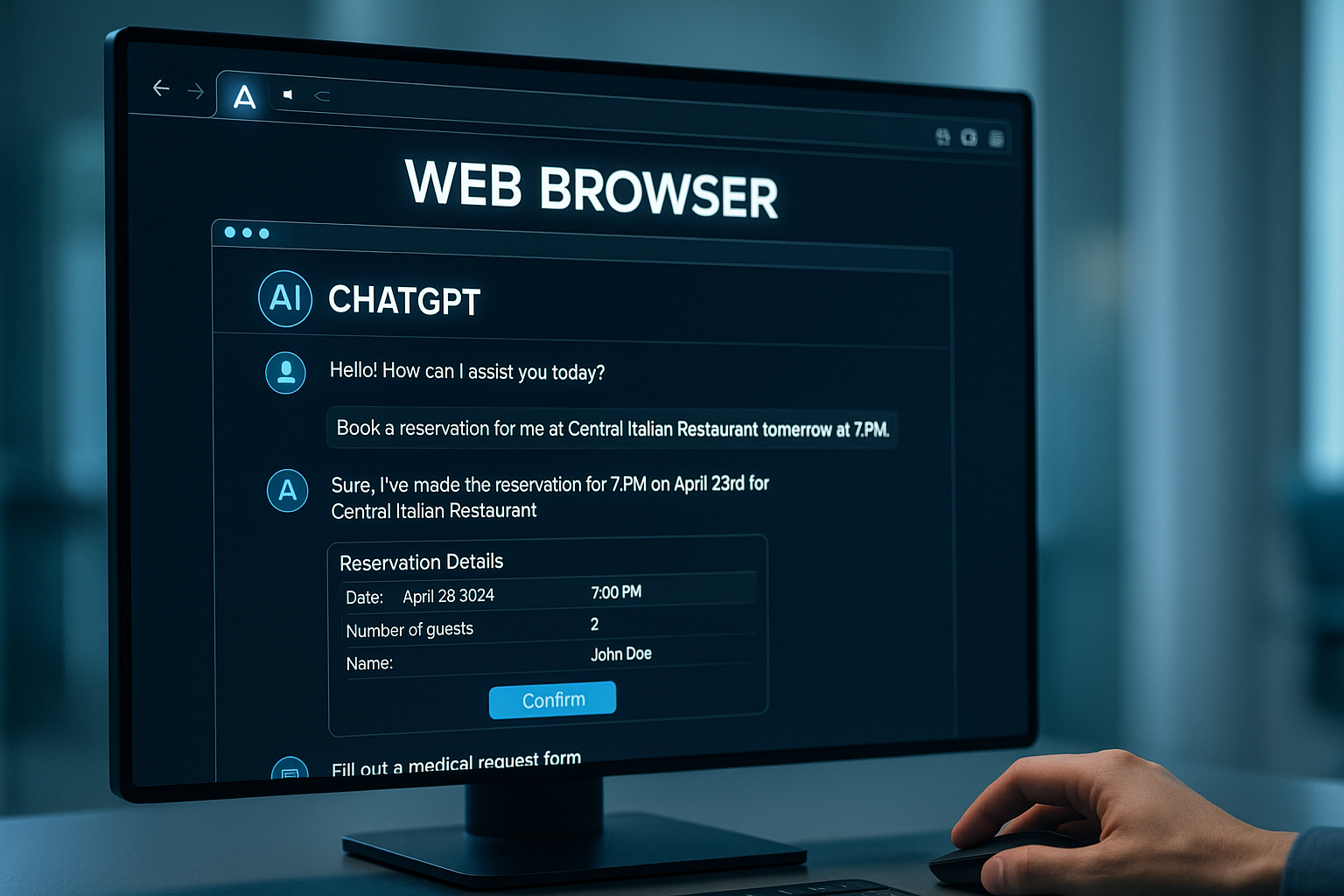AI-powered rival to Chrome

OpenAI's new browser reportedly aims to provide direct access to user data, a cornerstone of Google's years of success.
Pressure on Chrome may increaseExperts believe this could be a significant step, particularly as Google Chrome targets user data, which forms the backbone of its ad revenue. If ChatGPT's 400 million weekly active users adopt the browser, the pressure on Chrome could increase significantly. Chrome currently generates approximately 75 percent of Google's ad revenue.
Instead of redirecting some user interactions to traditional websites, OpenAI's browser will handle them through a chat interface similar to ChatGPT. This will allow users to complete most actions through chat without having to navigate directly to the website. This is part of OpenAI's strategy to integrate AI services across all domains.
CAN ACT ON BEHALF OF THE USERThanks to the AI-powered browser, OpenAI's "AI agents" will be able to perform actions on behalf of the user. For example, tasks like making reservations or filling out forms could be automated within the browser. This would allow OpenAI to enter a new competitive arena and significantly transform users' internet experience.

OpenAI is sure to face fierce competition. Google Chrome has over 3 billion users worldwide and controls two-thirds of the global browser market. Apple's Safari comes in second with just 16% market share. OpenAI, however, is eyeing a significant portion of this market with its new browser. Meanwhile, AI-focused startups like Brave, The Browser Company, and Perplexity have also developed browsers this year that can act on behalf of users.
OpenAI's browser will be built on Google's open-source Chromium infrastructure. Chromium underpins not only Chrome but also other major browsers like Microsoft Edge and Opera. By using this infrastructure, OpenAI aims to gain greater control over the data it collects.
SÖZCÜ




